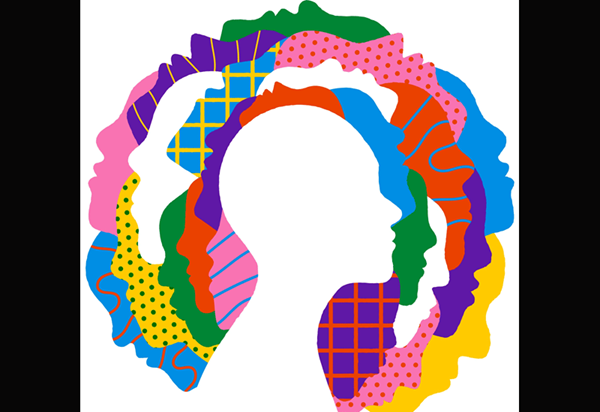A Moment for Mission
“Come to me, all you who are weary and are carrying heavy burdens, and I will give you rest.” — Matthew 11:28, NRSV
In Matthew 11:28-30 Jesus offers us a place to bring our burdens and to learn from him. “Come to me, all you who are struggling hard and carrying heavy loads, and I will give you rest. Put on my yoke, and learn from me. I’m gentle and humble. And you will find rest for yourselves. My yoke is easy to bear, and my burden is light.” (CEB)
In our United Methodist tradition, we are yoked to Christ, and called to follow his example in the world. We are yoked to one another, to share in each other's burdens and to work together towards the beloved community.
Jesus is not just talking about physical weariness. He is talking about the weariness that comes from living with brokenness, where injustice and inequality are all too common. He offers a way to find peace and rest in the midst of all the chaos and pain.
Thanks to your congregation’s World Service Fund support, the General Commission on Religion and Race helps us to create a path to healing. Their resources equip United Methodists to become culturally competent, nurture institutional equality and encourage vital conversations about religion, race and culture.
Children’s Message:
Jesus said, “Come to me, all you who are weary and are carrying heavy burdens, and I will give you rest.” —Matthew 11:28, NRSV
I wonder if you have ever had to carry a very heavy backpack. Imagine if someone adds another book to it. And then someone else adds another book. Pretty soon, you might find yourself getting very tired or weary. That’s a heavy burden, right? But when you take it off, you feel relieved and lighter.
In the same way, when we treat people unfairly, we are adding to their burden. It's like putting more weight on their shoulders. And when we do this, we are not following Jesus' example. He was gentle and humble in heart, and he treated everyone with love and respect.
So, what can we do to help promote fairness as people who follow Jesus? First of all, we can be kind to everyone, no matter what they look like or where they come from. We can make sure that everyone feels welcome and included in our church community. We can ask other people to stop using hurtful words or bullying when we see it happening.
We can also learn about different cultures and traditions. We can read books, watch movies, or talk to people from different backgrounds. By doing this, we can gain a better understanding of how others see the world, and we can appreciate the differences between us.
Offertory Prayer
God of weary years, God of our silent tears, thank you for inviting us to share the yoke of responsibility. As we take time to rest in you this summer, help us to find new opportunities to learn about other cultures, seek justice, and build up your beloved community. In Jesus’ name, we pray. Amen.
From Discipleship Ministries: Sixth Sunday after Pentecost — God of compassion and mercy, you claim each one of us as your children. Like a parent, you are joyful when we find joy and your heart aches when we fall, fail, or feel less than the beloved heirs to the kingdom you meant us to be. The yoke the Bible describes doesn’t burden us but reminds us that you yearn for us to be a church, a community, that supports, steadies, and sustains when life makes us weary. The gifts we give this day we give in gratitude for this yoke that helps us finish the race in faithfulness. Bless our giving and its use, we pray in Christ’s name. Amen. (Matt 11:16-19, 25-30)
Newsletter Nugget
Jesus said “Come to me, all you who are weary and are carrying heavy burdens, and I will give you rest.” — Matthew 11:28, NRSVU
Are you carving out time for rest and a slower pace this summer? Perhaps you have some more time to watch movies and read books. Why not take this opportunity to learn about other cultures and increase your intercultural competence?
The General Commission on Religion and Race compiled suggestions of movies and books that encourage intercultural learning for children, adults, and families.
After reading a book or watching a movie, consider these discussion prompts:
- What did you learn about _________’s (name of the protagonist) culture?
- What is the beauty of ________’s (name of protagonist) culture?
- What would it look like if we incorporated _________’s (name of the protagonist) culture into our lives?
Because congregations support the World Service Fund, United Methodists are challenged, led and equipped to become interculturally competent; institutional equality is nurtured; and vital conversations about religion, race and culture occur. Thank you!
—Adapted from General Commission on Religion and Race website. Used by permission.

